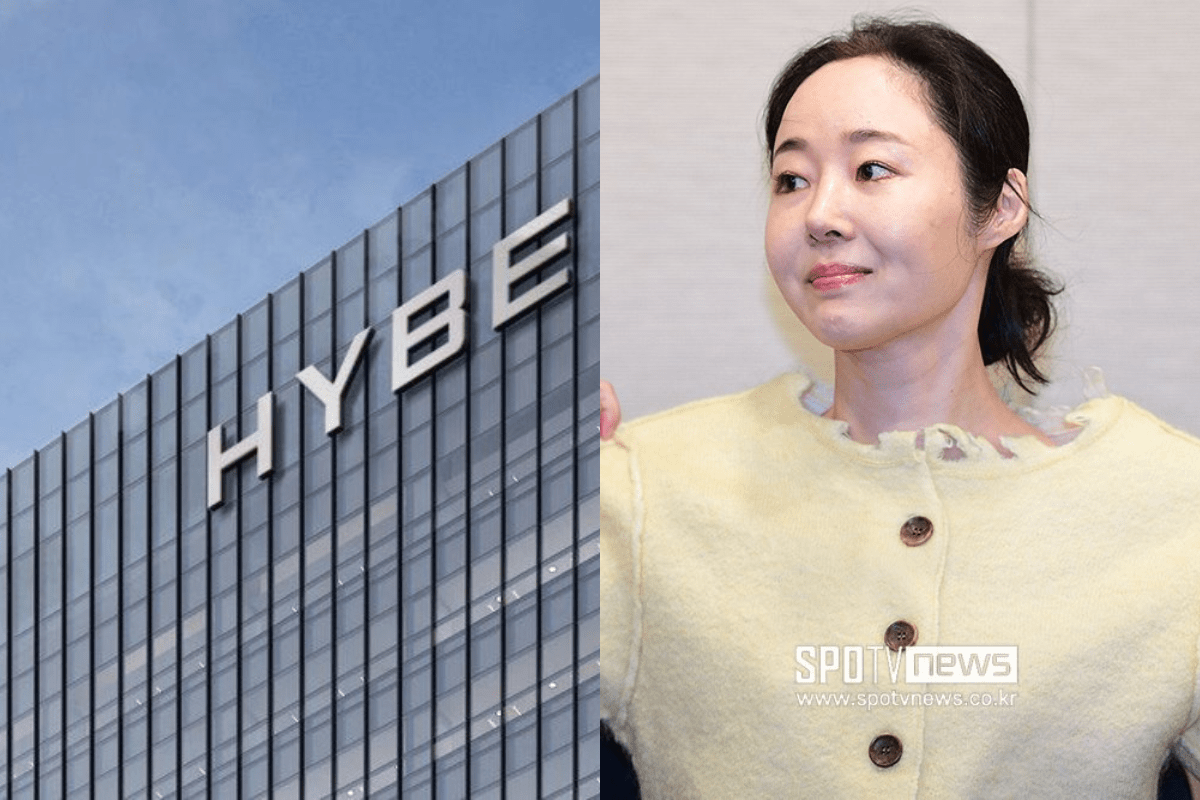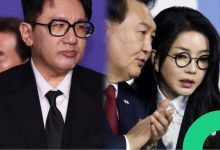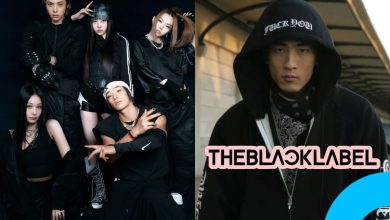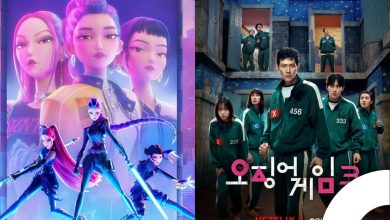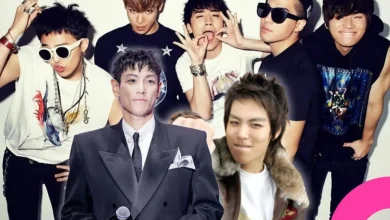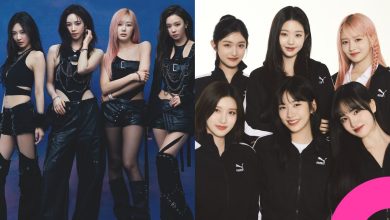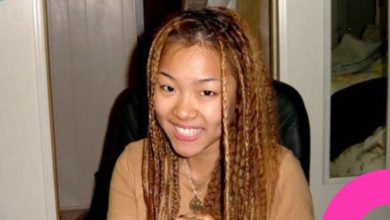“NewJeans Should Be Allowed to Terminate Their Contract with HYBE,” Legal Expert’s Commentary Criticizes Court Ruling
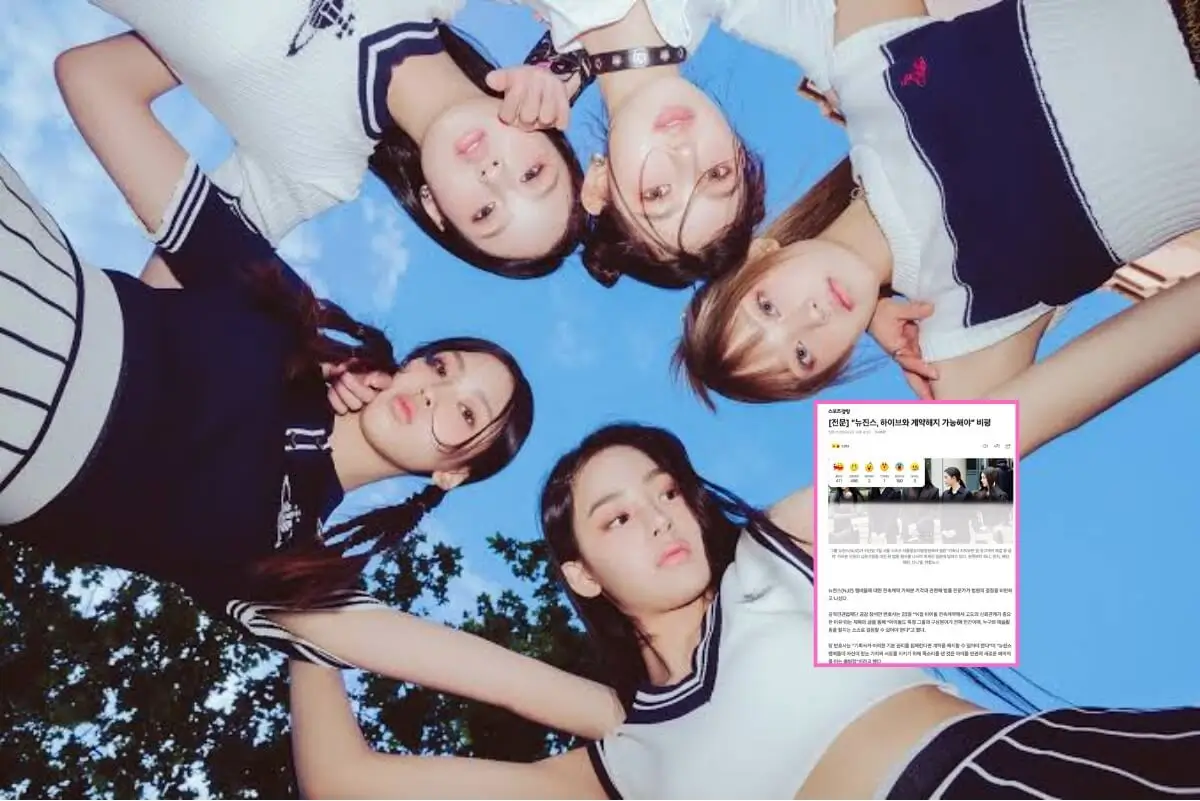
On March 7, the group NewJeans (NJZ) answered questions from reporters as they left the Seoul Central District Court in Seocho-gu, Seoul, after completing a hearing regarding the agency’s request for an injunction to “preserve management rights and prohibit advertising contracts.”
Legal Expert Criticizes Court Ruling
A legal expert has criticized the court’s decision regarding the dismissal of the NewJeans (NJZ) members’ request for an injunction related to their exclusive contract.
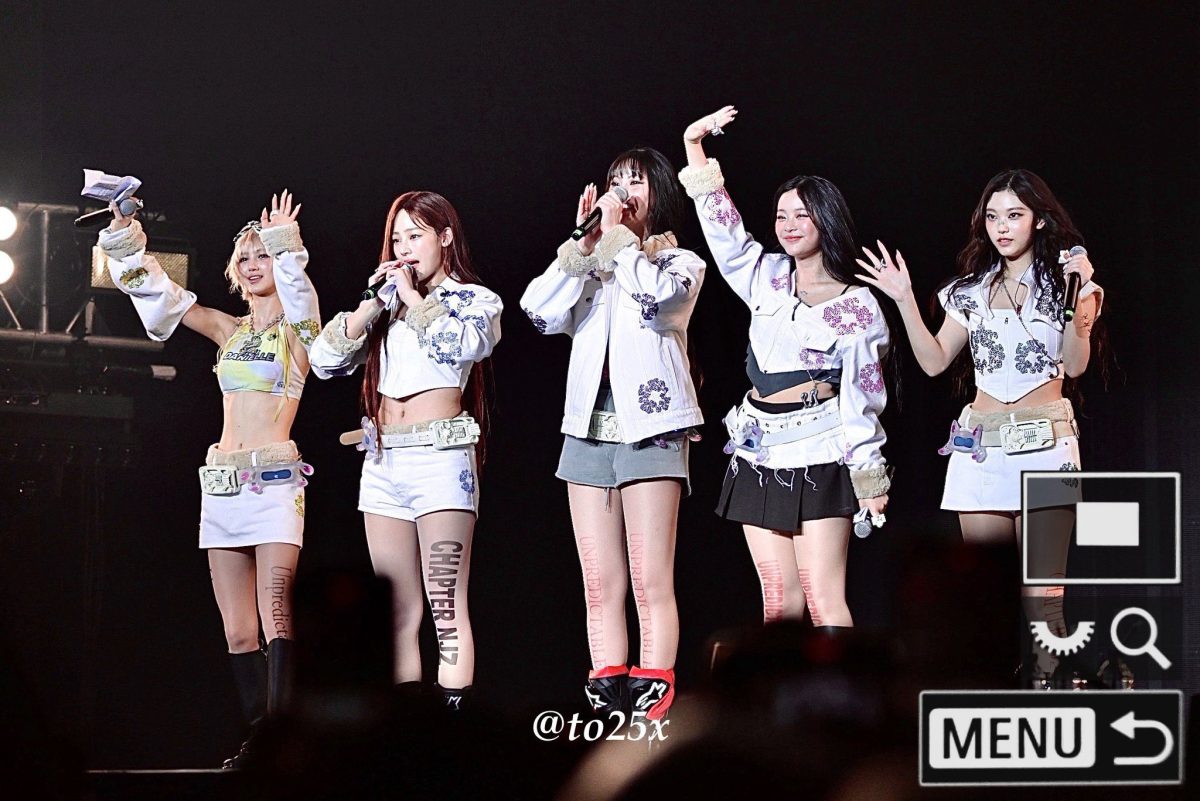
Jang Seo-yeon, an attorney at the Gonggam Public Interest Human Rights Law Foundation, stated on the 23rd in an article titled “Why a High Degree of Trust Is Important in K-pop Idol Exclusive Contracts” that “Idols are human beings before being members of a specific group and should have the right to decide for themselves with whom they engage in artistic activities.”
Attorney Jang emphasized that most idols sign restrictive seven-year contracts as minors, often under unequal power dynamics, and that growing agency investments lead to increased work demands and health issues.
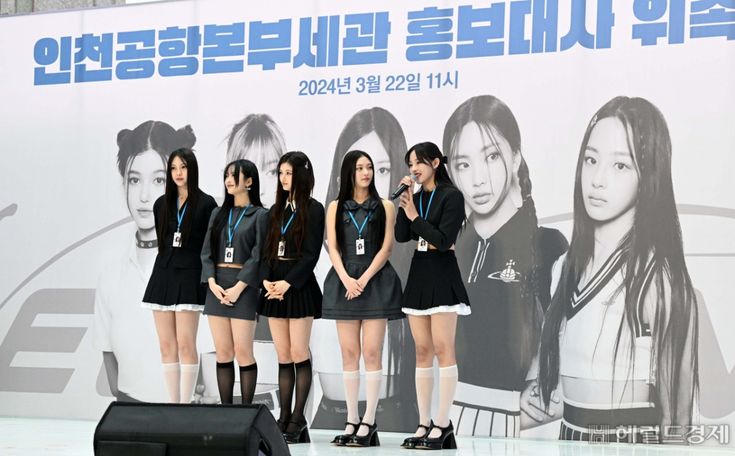
Citing the replacement of CEO Min Hee-jin, whom NewJeans trusted, as a key breach of trust, Jang called it a substantial contractual change. She also condemned HYBE for leaking private messages and personal information, further endangering the idols and fueling xenophobia. Jang concluded that forcing idols to stay in unsafe agencies infringes on their dignity and limits their professional freedom.
Summary Of Commentary by Attorney Jang
Title: Why a High Degree of Trust Is Important in K-pop Idol Exclusive Contracts
Recently, the court granted the injunction filed by ADOR Co., Ltd. against the NewJeans (NJZ) members to preserve the agency’s management rights and prohibit entertainment activities (Seoul Central District Court, Decision 2025KaHap20037, March 21, 2025).
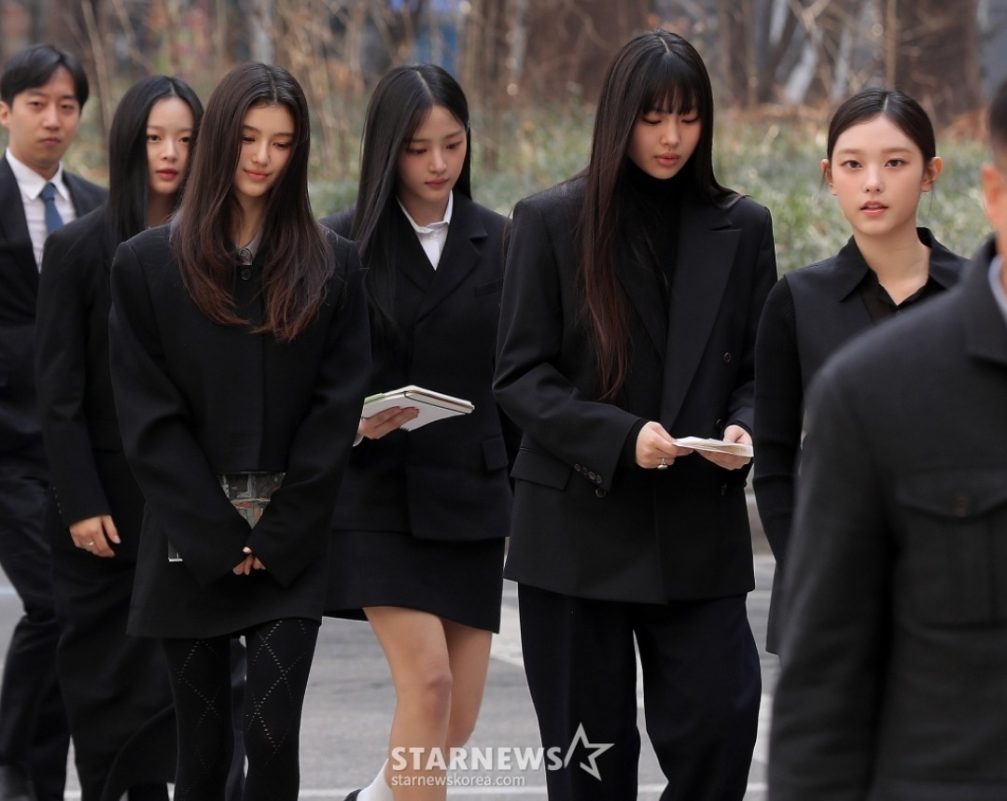
Currently, the NewJeans (NJZ) members have suspended their activities and filed an appeal. As a K-pop fan who has been closely following this case since last year, I hope this incident becomes an opportunity to examine the subjectivity and human rights issues of idols, which have been overshadowed by the growth of the K-pop industry and large entertainment companies.
The “Seven-Year” Long-Term Exclusive Contract
In K-pop, idols typically sign seven-year exclusive contracts upon debut, a standard based on guidelines from the Ministry of Culture, Sports, and Tourism, which caps contract length at seven years. While this timeframe benefits agencies by securing long-term control, there is little concrete justification for why it must be seven years.
The major issue lies in the contract’s imbalance. Although idols are clearly bound to exclusivity for the full term, the agency’s responsibilities and limits are vaguely outlined. Key details—such as workload, working hours, and the nature of services—are left unspecified, leaving idols to operate in contractual “blind spots.” As a result, young idols often enter into these lengthy commitments based on trust alone, without firm protections or guarantees from the agency.
How Much Control Do Idols Have Over Their Work (or Life)?
K-pop idols are expected to work far beyond music, constantly creating monetized content and living as public figures for seven years. This reality blurs the line between work and life, despite contracts only mentioning “cultural and artistic services.” While the contract states, “The singer may express their opinions regarding the agency’s management activities at any time,” idols often lack real autonomy due to group structure and agency control.

With greater investment come higher expectations, more tours, longer work hours, and increased risk of injury or mental health deterioration. These structural issues are widely known but remain inadequately addressed. Efforts to introduce institutional safeguards have also stalled.
Notably, the 21st National Assembly attempted to legislate restrictions on working hours for underage entertainers in the “Act on the Development of Popular Culture and Arts Industry,” but the bill failed due to pushback from industry groups like the Korea Entertainment Producers Association. As a result, systemic reforms have progressed slowly from the perspective of idols themselves.
Forcing Exclusive Activities Against Free Will Violates Personal Rights
In the absence of institutional safeguards, entertainment agencies must be legally obligated to uphold a “high degree of trust” in exclusive contracts to protect idols’ fundamental rights. The Korean Supreme Court has affirmed this, ruling that “forcing an entertainer to work exclusively against their free will when the relationship of trust has been broken is an excessive infringement of the entertainer’s personal rights,” and that such contracts can be terminated if mutual trust is lost (2017Da258237, Sept 10, 2019).
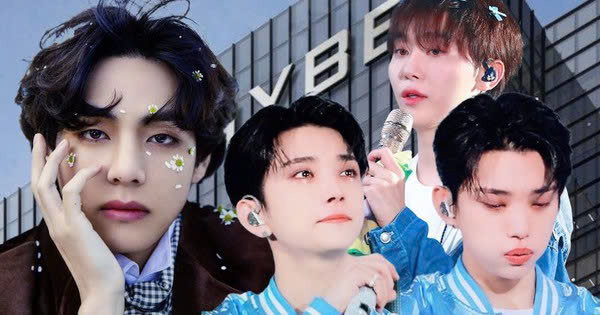
This is especially critical in K-pop, where many idols sign seven-year contracts as minors, placing them in a significantly weaker position. Because these long-term agreements heavily favor the agency, the law should fairly require agencies to sustain that trust—or allow idols to exit when it’s broken.
Breaking Taboos for Idols
What stood out in the NewJeans case was how it broke the usual idol taboo—members openly demanded a return to the original ADOR with Min Hee-jin, emphasizing their trust in her leadership. Unlike typical contract disputes stemming from a lack of trust, this one stemmed from a change in trusted personnel.
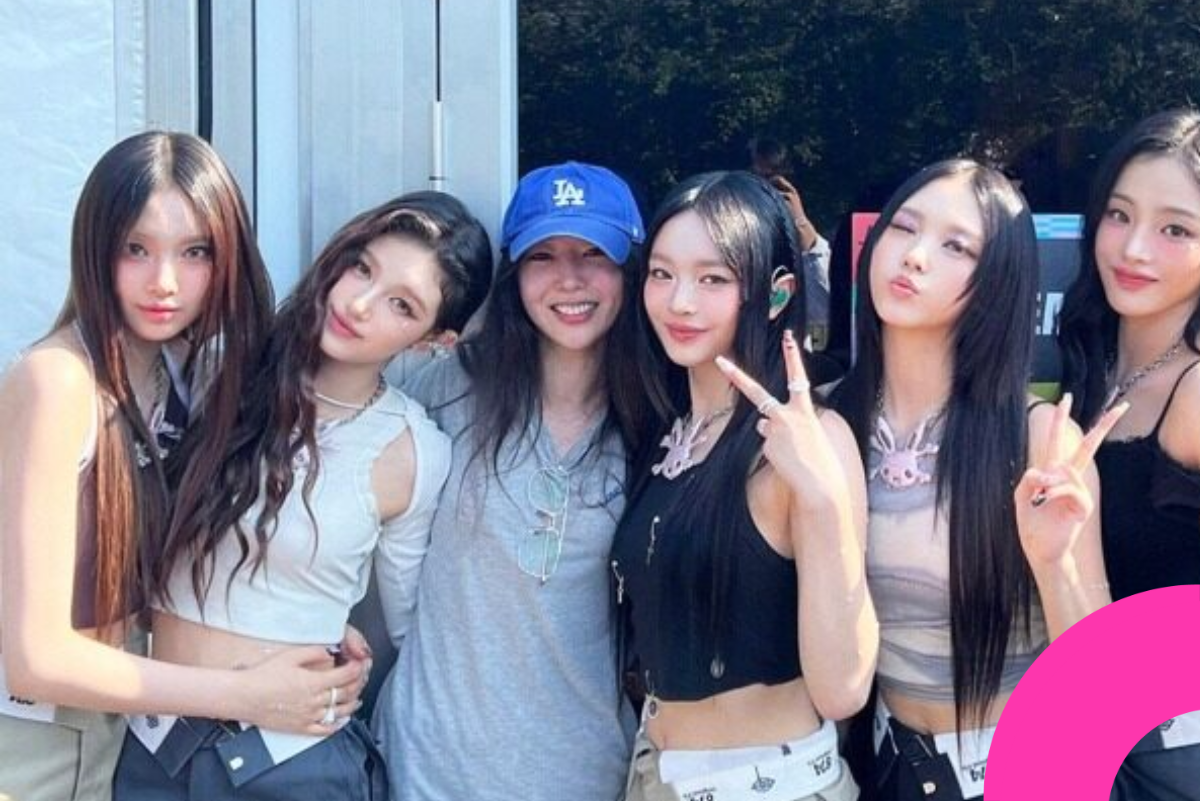
Min Hee-jin had been the CEO and creative force behind their debut, forming a strong bond with the members. But after her replacement by HYBE executives, the agency felt entirely different to the members, despite the court citing continued agency support and no settlement violations as reasons for approving the injunction. Crucially, the court overlooked that the trusted leadership had been changed without the members’ consent.
Skewed Media Landscape and Malicious Public Opinion in Legal Disputes
HYBE has repeatedly leaked unrelated private messages to the media and subjected the members to intense media scrutiny, rather than engaging in legitimate legal battles in court. The NewJeans members’ trainee videos and sensitive personal information were leaked to certain entertainment media and cyber “wreckers” and reported as “exclusives.” Other outlets rushed to reprint these exclusive stories, and few media outlets pointed out the sources or privacy violations.
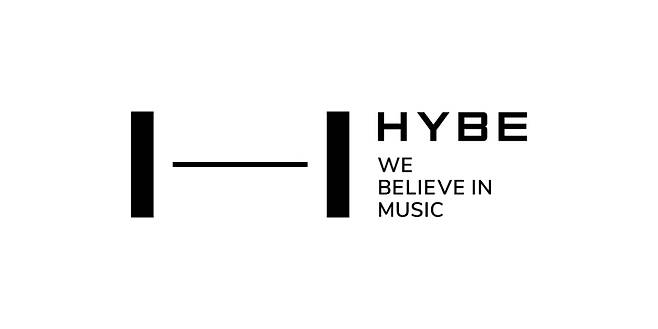
The NewJeans members were subjected to dozens or even hundreds of reports daily over minor issues, and when visa issues arose, they were ridiculed with “illegal stay” frames and xenophobic attacks. In such circumstances, can the NewJeans members feel safe with an agency whose management has been replaced by HYBE executives?
Forcing exclusive activities at an agency where idols do not feel safe is an excessive infringement of their personal rights, and an injunction prohibiting activities results in a restriction of their freedom to work.
Hoping This Becomes a New Chapter in Idol Human Rights
The five NewJeans (NJZ) members knew this journey would not be easy, but they “raised their voices to defend their values and each other.” It is important to remember that idols are human beings with dignity and rights before being members of a specific group or entertainers.

Their privacy must be respected, and they must have the right to decide with whom they work and engage in artistic activities. Ensuring the protection of personal information and a safe working environment is fundamental. If an agency violates these obligations, the contract should be terminable. This is why I hope the NewJeans (NJZ) case becomes a new chapter in idol human rights.
